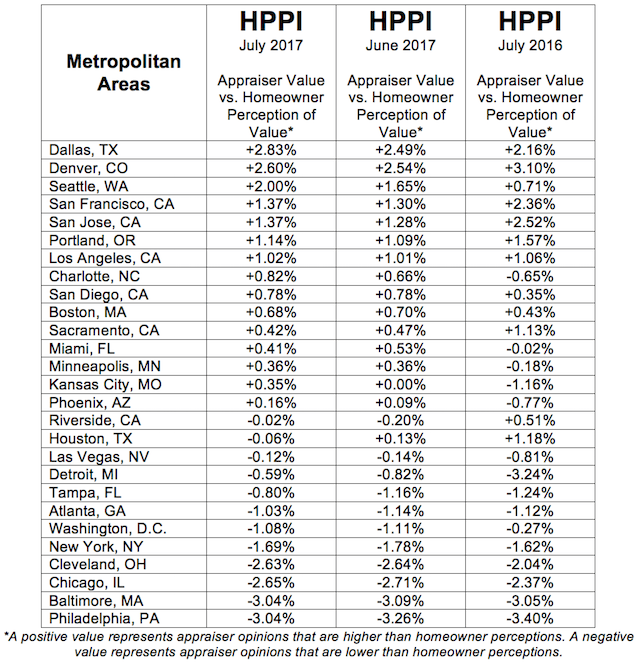[ad_1]
Every property purchase is unique, but there are some golden rules about when to make an offer, according to one industry expert.

Knowing when and how to make an offer is important. Picture: Realestate.com.au
Director of Wakelin Property Advisory Richard Wakelin says knowing exactly when and how to make an offer can be the difference between snagging the deal of a lifetime and paying far too much.
“There’s no one-size-fits-all, because every property is different. You need to approach it on a case-by-case basis, but there are some fundamentals,” he says.
Wakelin says current market conditions and the sale methodology being used to sell the property influence the timing of any offer.
“You can buy at a private sale, before an auction, by bidding at auction or have a negotiation after a property has been passed in at auction and naturally, these situations require different approaches,” he says.
Private sale
Despite the growing prevalence of auctions, especially in metropolitan areas, private sale remains the most popular sale method across Australia, so most buyers will engage in a private process, Wakelin says.
“The first thing with a private sale is to ensure there is an asking price attached to the property. It’s the golden rule; never offer unless there is a price from the vendor,” Wakelin says.
Next, potential buyers should ensure there is an “authority to sell” in place with the agent, as properties can be listed with numerous agencies.
“You don’t want to waste your time.”
“To formulate an offer, use a direct comparison method, where you compare like to like, the same kind of property on the same land size, with the same style and condition of accommodation to the one you’re looking at,” Wakelin says.
“Always be aware of competing properties on the market, which provide you with the option of walking away, therefore setting yourself up in a position of strength.”

Make sure you look at comparable sales in the area. Picture: Getty
Establish the “rules of the playing field” before making an offer too, Wakelin says.
“How is the sale going to be handled? Will the property go to the highest and best offer? If you start the ball rolling with an offer, will the agent give you an opportunity to match any other offers? Don’t assume anything. Different agents handle sales in different ways, so you need to know,” he says.
Now, it’s offer time.
“What you need to do is not go in too high. Use comparable sales evidence; that is sales of similar properties from the last six to 12 months; and make a realistic offer, leaving yourself room to negotiate upwards,” Wakelin says.
“If you’re going to make an offer, you don’t want it dangling in the wind, so set a deadline and have an expiry time on it. And certainly don’t make a further offer until there is a counter offer,” he says.
Negotiate on settlement length, deposit amount and aspects of the contract of sale if required, Wakelin says.
“I often recommend buyers cut the deposit they pay from 10% – which people just assume has to be paid, it doesn’t necessarily – to 5%. Everything is negotiable.”
Auction
“The most transparent way to buy property is at auction. When that hammer comes down, there is no question,” Wakelin says.
Auctions remove any uncertainty about other interested parties, counter offers and what the market values the property at, he says. Sticking to a budget and removing the emotion are the keys at auction.
Before auction
“My advice is only make an offer before auction if approached by the agent,” Wakelin says.
“If you’re being approached to bid before the auction day, you have to ask why that is. Is the property not going as well as the listing agent thought? Or if the agent approaches you beforehand because they say there has been an offer, you can sometimes get caught in boardroom auction, which can be a bit cloak and dagger.”
It’s ultimately better to compete “out in the open” Wakelin says.
Passed in at auction
Property hunters holding the highest bid when a property is passed in at auction are in a great position, Wakelin says.
“First, don’t be taken inside the house! That’s the vendor’s property. You’ll be unable to have a private conversation if you’re with someone or make a phone call. It’s easy to feel the pressure if you’re inside the property,” he says.
Instead, stay outside and point out the obvious to the agent; that the market clearly isn’t there at the price the vendor wants.
“Rather than just making a further offer for no reason, say to the agent, ‘give me a figure’, as clearly the reserve is over-inflated. Ask for a more realistic reserve and negotiate from there.”
[ad_2]
Realestate.com.au

